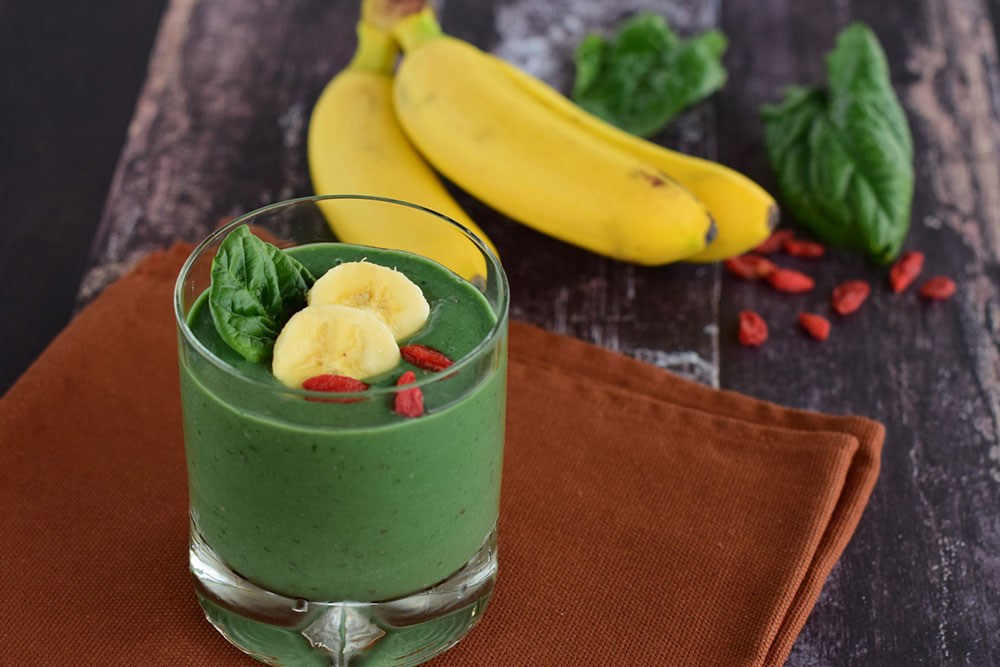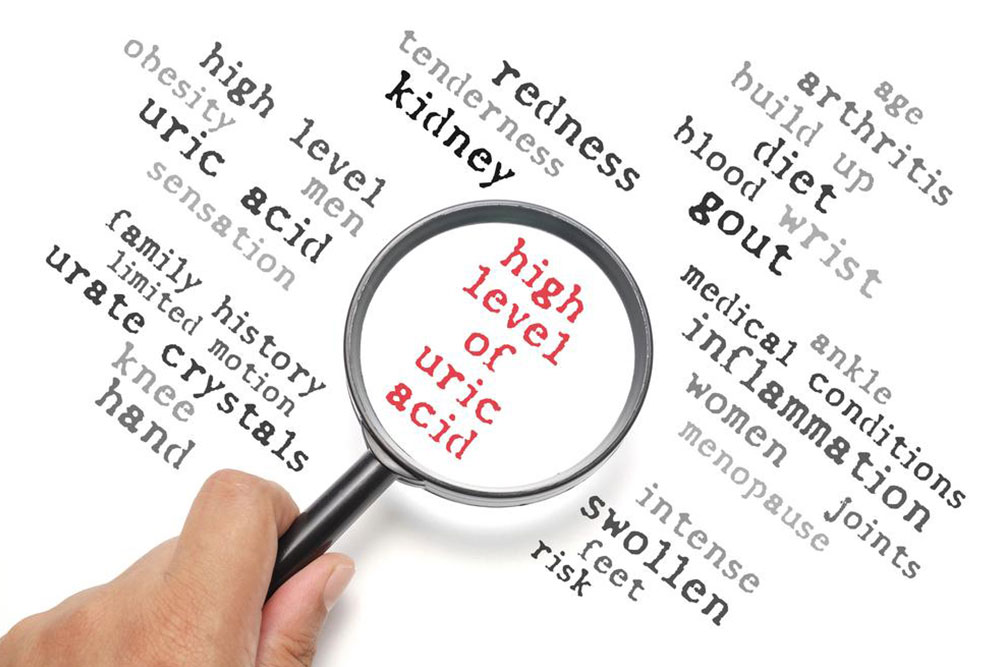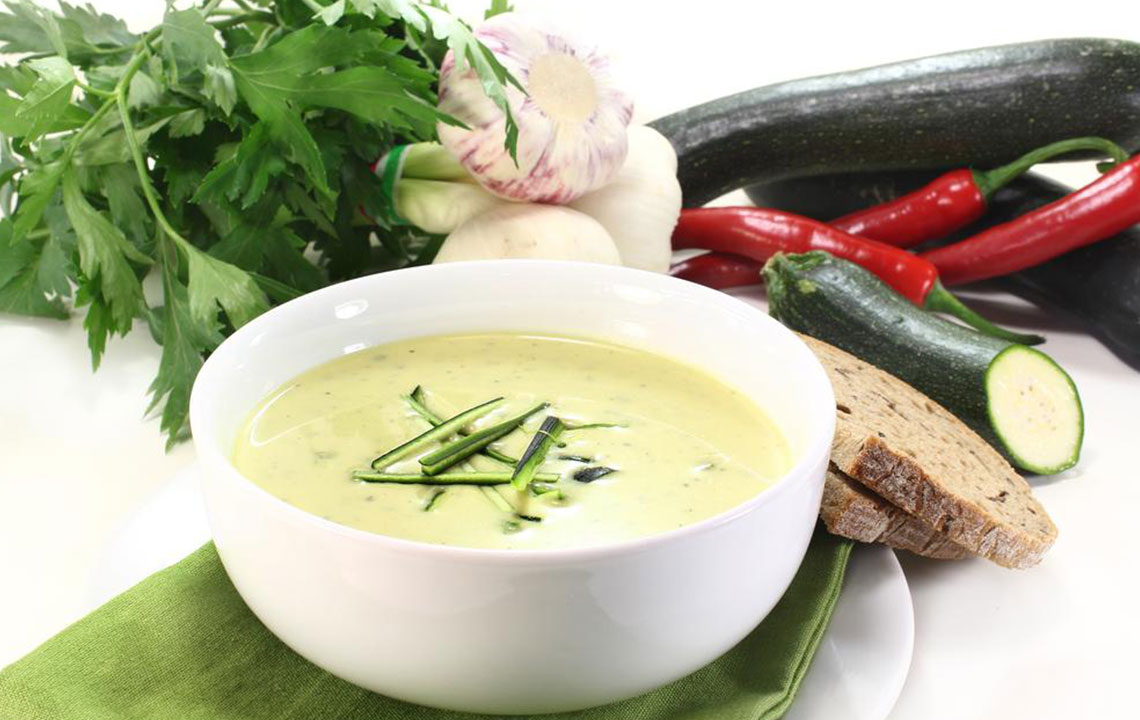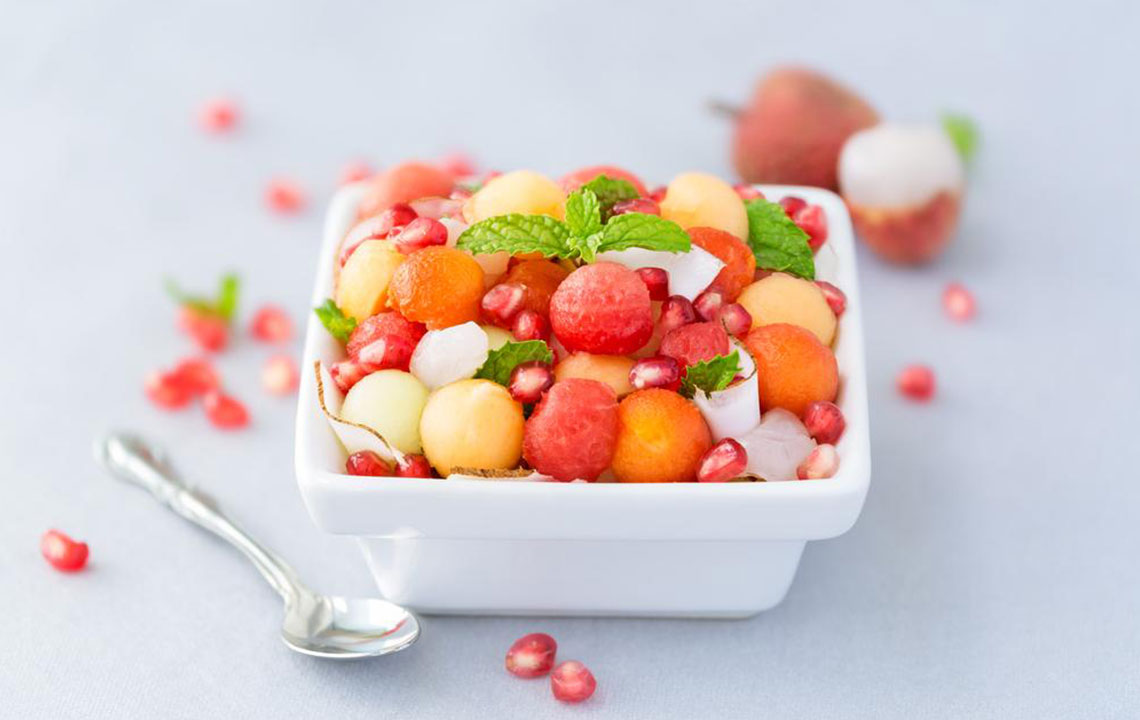Managing Gout Through Diet: Essential Do’s and Don’ts
Discover effective diet strategies to manage gout symptoms. Learn which foods to include, such as berries, healthy fats, and potassium-rich vegetables, and identify foods to avoid, like processed sugars, seafood, and alcohol. Combining proper nutrition with medical treatment can help reduce inflammation, control uric acid levels, and prevent gout attacks. Implementing these dietary tips allows for better symptom management and can contribute to a healthier lifestyle. Always consult a healthcare professional for personalized advice regarding gout treatment and diet plans.

Guidelines for Gout-Friendly Eating Habits
If you're battling gout, understanding proper diet can significantly ease symptoms. Gout, a painful form of arthritis, targets joints in the fingers, toes, and other areas. It often results from consuming foods high in purines, such as red meat, certain grains, and legumes. When the body cannot effectively eliminate uric acid, crystals form in the joints, causing intense pain and swelling.
Although medication is primary, diet modifications can help manage gout more effectively. Combining the right foods with medical treatment may prevent flare-ups and reduce discomfort. Here are dietary tips to support your health.
The initial sign of gout is often intense pain and swelling in the big toe, typically occurring overnight. The joint becomes tender, red, and inflamed. Uric acid normally is excreted via urine, but when it isn’t, crystals develop, leading to gout. Proper dietary choices can help control uric acid levels and prevent attacks.
So, can diet cure gout? While it may not eliminate the condition entirely, it can significantly reduce symptoms and the frequency of flare-ups when paired with medication. Here’s a list of dietary recommendations to help manage gout effectively.
Foods to Incorporate
Organic cherries and strawberries
Berries like cherries and strawberries are highly recommended for gout sufferers. Starting your day with these berries alongside low-fat milk and cereal can be beneficial. Cherries contain antioxidants like bioflavonoids and anthocyanins, which inhibit enzymes that trigger inflammation and pain. Including low-fat dairy products in your diet can further lower gout risk.
Healthy fats
Healthy fats such as those found in olive oil, coconut oil, avocados, and raw nuts (walnuts, pecans, macadamias) can help regulate insulin and leptin levels. Consuming omega-3-rich sources like flax seeds and krill oil may also provide anti-inflammatory benefits that aid in gout management.
Potassium-rich foods
Increasing intake of potassium-rich foods—like lima beans, green vegetables, and broccoli—can neutralize uric acid. These foods are integral to a balanced gout-friendly diet, aiding in the reduction of crystal formation.
Foods to Avoid
Limiting certain foods can prevent the escalation of gout symptoms. Here are some key items to avoid:
Foods containing high-fructose corn syrup
This sweetener, found in processed foods, sugary drinks, and cereals, raises uric acid levels and should be completely avoided.
Seafood
Seafood like fish, shrimp, and shellfish are rich in purines, which can aggravate gout. Limiting or avoiding these can help in symptom control.
Alcohol
Alcohol increases uric acid production and impairs its excretion, worsening gout symptoms. Staying alcohol-free can significantly help manage the condition.
Adopting a healthy lifestyle and following these dietary guidelines can help prevent or lessen gout attacks. If symptoms persist or worsen, seek professional medical advice for appropriate treatment options.










